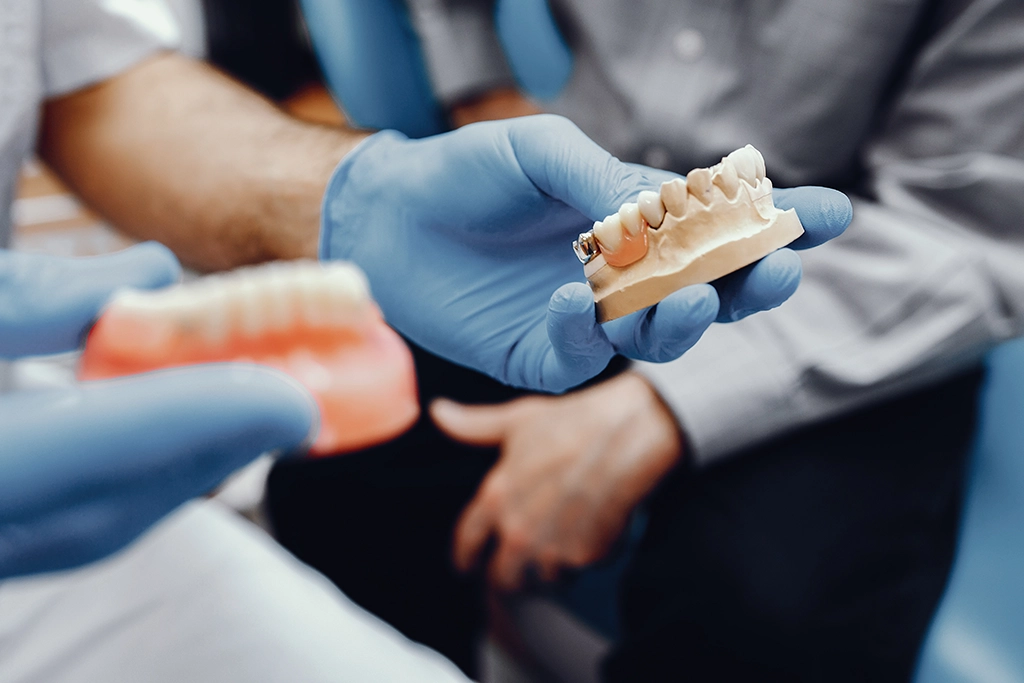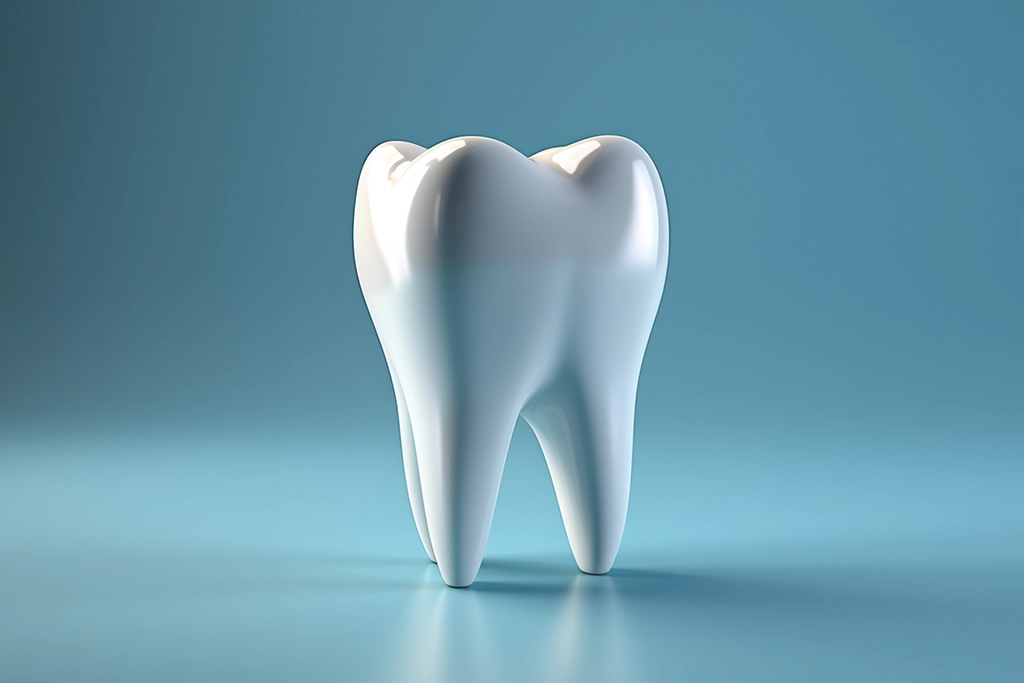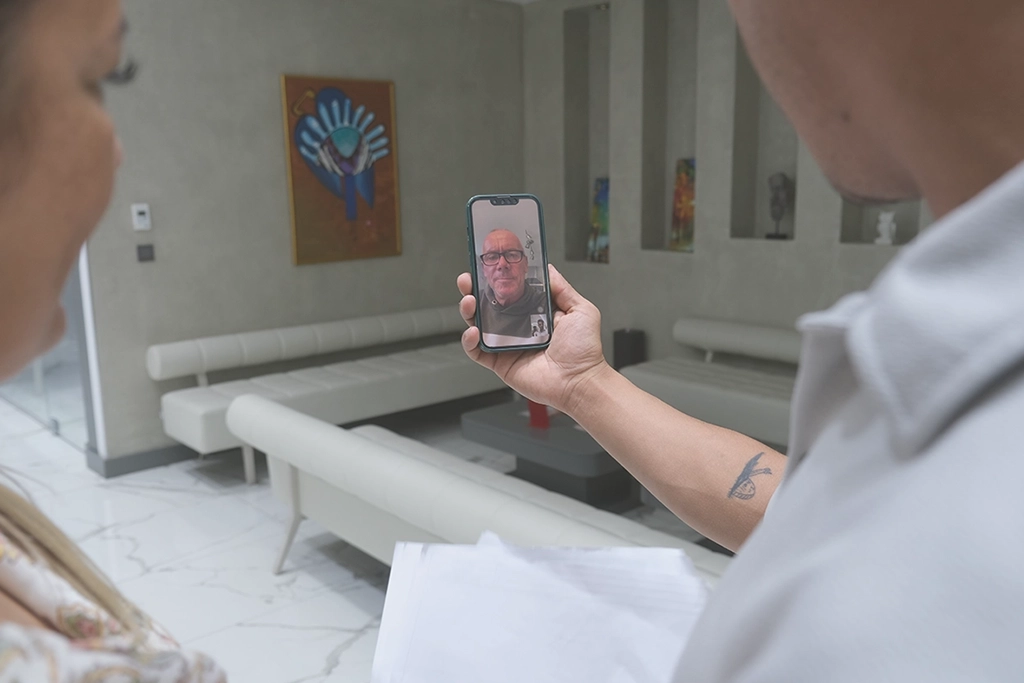Importance of Dental Consultations Dental consultations are essential for understanding your oral health needs and planning for any necessary treatments. They allow your dentist to assess your oral health, discuss any concerns you may have, and provide personalized recommendations for maintaining a healthy smile. Regular dental consultations can help prevent potential dental issues and ensure necessary …
Importance of Dental Consultations
Dental consultations are essential for understanding your oral health needs and planning for any necessary treatments. They allow your dentist to assess your oral health, discuss any concerns you may have, and provide personalized recommendations for maintaining a healthy smile. Regular dental consultations can help prevent potential dental issues and ensure necessary treatments are conducted promptly, contributing to your overall well-being.
Finding the Right Dentist For Your Consultation
When finding a dentist for your consultation, it’s important to consider a few factors to ensure a smooth experience. Here are some tips to help you in finding the right dentist:
- Look for a dentist who specializes in the services you require
- Ask for recommendations from family, friends, or colleagues
- Check online reviews and ratings for different dental practices
- Consider the location and accessibility of the dental office
- Inquire about the dentist’s experience and credentials to ensure their expertise suits your needs
Preparing for Your Dental Consultation
Before your dental consultation, it’s helpful to gather all pertinent information such as your dental history, any current dental issues, and any questions or concerns you may have. This may include previous x-rays, medical records, and a list of current medications. It’s also important to communicate any anxiety or fears you may have about the appointment to the dental team so they can accommodate your needs. By preparing in advance and being open about your concerns, you can ensure a smooth and comfortable experience during your dental consultation.
What to Bring to Your Consultation
Make sure to bring your most recent dental records, including x-rays, to your consultation. Also, remember to bring a list of any medications you are currently taking, as well as any questions or concerns you may have about your oral health. It’s important to be prepared so that your consultation can go smoothly and efficiently.
Questions to Ask During Your Dental Consultation
When you go for your dental consultation, make sure to ask questions to clear any doubts and understand the process better. It’s essential to feel comfortable and well-informed about your dental treatment. Here are some questions you can ask during your dental consultation:
- What are the different treatment options available for my condition?
- What are the potential risks and complications associated with the proposed treatment?
- How long will the entire treatment process take, including recovery time?
- What are the expected outcomes of the treatment, and are there any alternatives?
- Can you provide an estimate of the overall cost and whether it’s covered by insurance?
- What kind of aftercare will be required, and what can I do to maintain my oral health after the treatment?
Asking these questions will help you gain a better understanding of your dental treatment and ensure a smooth experience during your consultation.
Understanding the Dental Treatment Plan
Understanding your dental treatment plan is crucial for a smooth experience. The treatment plan outlines the procedures, costs, and timeline for your dental care. Here are some key points to consider:
- The treatment plan will detail the specific treatments recommended by your dentist, along with the associated costs.
- It will also provide a timeline for the proposed procedures, helping you understand the duration and sequence of your dental care.
- Make sure to discuss any questions or concerns about the treatment plan with your dentist before proceeding with any procedures. Understanding the plan will help you feel more confident and informed during your dental consultation.
- What are the expected outcomes of the treatment, and are there any alternatives?
- Can you provide an estimate of the overall cost and whether it’s covered by insurance?
- What kind of aftercare will be required, and what can I do to maintain my oral health after the treatment?
Discussing Cost and Payment Options
You can discuss the cost of the dental consultation and explore payment options with your dentist during the appointment. It’s important to understand the total cost of the consultation, including any potential additional fees. Payment options such as insurance coverage, installment plans, or financing may be available to help manage the expenses. This discussion will ensure a smooth and transparent experience.
Benefits of Following Post-consultation Recommendations
Following post-consultation recommendations can help you achieve the best results from your dental treatment. It can assist in ensuring that your recovery is smooth and that any potential complications are minimized. Adhering to your dentist’s advice can also lead to a faster healing process and reduce the risk of infection. Furthermore, following these recommendations may increase the longevity of your dental treatment, saving you time and money in the long run.
Addressing Dental Anxiety and Concerns
One way to address dental anxiety is to openly communicate your concerns with your dentist and dental team. By expressing your fears and worries, they can provide tailored solutions to make your experience more comfortable. Additionally, considering relaxation techniques such as deep breathing or listening to music during your appointment can help ease your anxiety. Some dental offices also offer sedation options, which allow you to feel more at ease during treatment. Remember, it’s important to openly discuss your concerns to ensure a smooth and positive dental experience.
Summary and Next Steps
After your dental consultation, it’s important to summarize the information provided by the dentist. Take note of any recommended treatments or follow-up appointments. If there are specific instructions to follow before your next visit, make sure to understand and adhere to them. It’s also a good idea to ask any lingering questions or concerns at this time. Once you have the necessary information, you can schedule any future appointments or procedures discussed during the consultation.
Click and See Free Consultation Form







